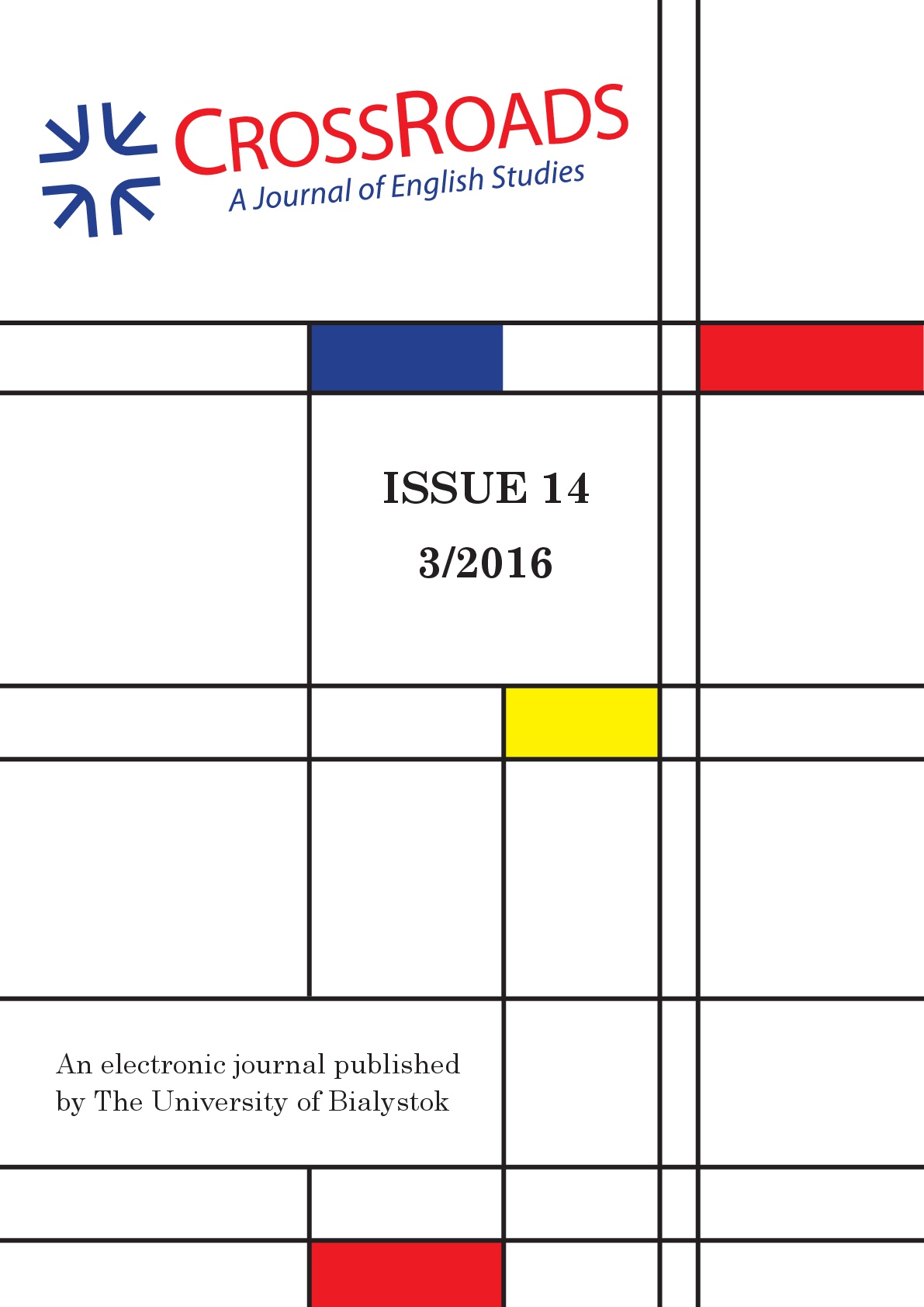Oblivion and vengeance: Charles II Stuart’s policy towards the republicans at the Restoration of 1660
Oblivion and vengeance: Charles II Stuart’s policy towards the republicans at the Restoration of 1660
Author(s): Paweł KapturSubject(s): Political history, 17th Century
Published by: Wydział Filologiczny Uniwersytetu w Białymstoku
Keywords: Restoration; Charles II; English Civil War; Oliver Cromwell; regicide;
Summary/Abstract: The Restoration of Charles II Stuart in 1660 was reckoned in post-revolutionary England both in terms of a long-awaited relief and an inevitable menace. The return of the exiled prince, whose father’s disgraceful decapitation in the name of law eleven years earlier marked the end of the British monarchy, must have been looked forward to by those who expected rewards for their loyalty, inflexibility and royal affiliation in the turbulent times of the Interregnum. It must have been, however, feared by those who directly contributed to issuing the death warrant on the legally ruling king and to violating the irrefutable divine right of kings. Even though Charles II’s mercy was widely known, hardly anyone expected that the restored monarch’s inborn mildness would win over his well-grounded will to revenge his father’s death and the collapse of the British monarchy. It seems that Charles II was not exceptionally vindictive and was eager to show mercy and oblivion understood as an act of amnesty to those who sided with Cromwell and Parliament but did not contribute directly to the executioner raising his axe over the royal neck. On the other hand, the country’s unstable situation and the King’s newly-built reputation required some firm-handed actions taken by the sovereign in order to prevent further rebellions or plots in the future, and to strengthen the position of the monarchy so shattered by the Civil War and the Interregnum.
Journal: Crossroads. A Journal of English Studies
- Issue Year: 2016
- Issue No: 03 (14)
- Page Range: 37-45
- Page Count: 9
- Language: English

